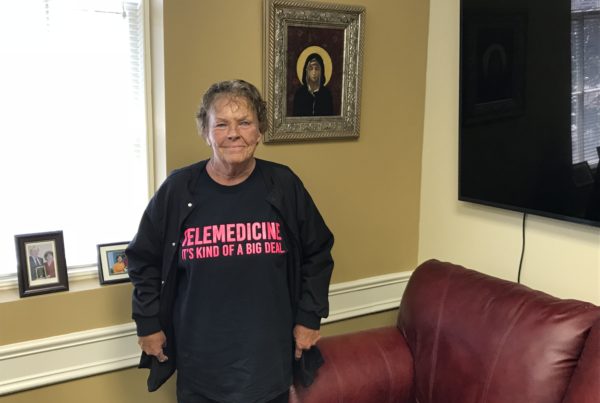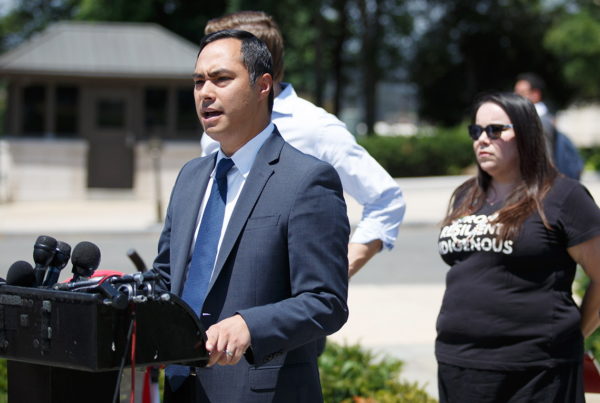The story of Thai children being saved after spending two weeks trapped in a cave last week captivated the world. But did our fascination with their predicament expose a flaw in how we respond to tragedy in the news?
Barry Brummett, the Charles Sapp Centennial Professor in the Moody College of Communication at the University of Texas, argues in an op-ed for the Austin American-Statesman that it has.
“Why do we focus on on the 12 Thai kids?” Brummett asks. “It seemed to me that the answer to that question had something to do with what we pay attention to as a public and what’s important to us.”
Brummett makes the point that good stories are bounded in space and time. The fact that the whole affair was going to end, for better or worse, over a finite period meant that people could could follow it like a reality show.
“As opposed to Syrian refugees, goodness knows when we’ll hear about their suffering ending and that kind of thing,” Brummett says. “So, I think that that circumstance really determines how the story can be told.”
Brummett also contends that the lack of political content in the Thai boys story was a welcome reprieve from the daily grind of news coming out of Washington.
“Political content of course can make people angry, can make people upset, can make people take sides – and there’s nothing wrong with that,” Brummett says. “But if the question is what do people really respond to…I think something that does not irritate them…is something that’s going to be a lot more attractive to people.”
Even the photogenic nature of the victims, who were not badly wounded or mutilated, seemed to cry out for coverage by TV crews. Brummett argues that this, combined with the children’s cuteness, teed everything up perfectly.
“There’s sort of a natural appeal to [the kids] and…that has more impact than to say that we have X thousands of kids on on the border,” Brummett says.
By Josue Moreno.















